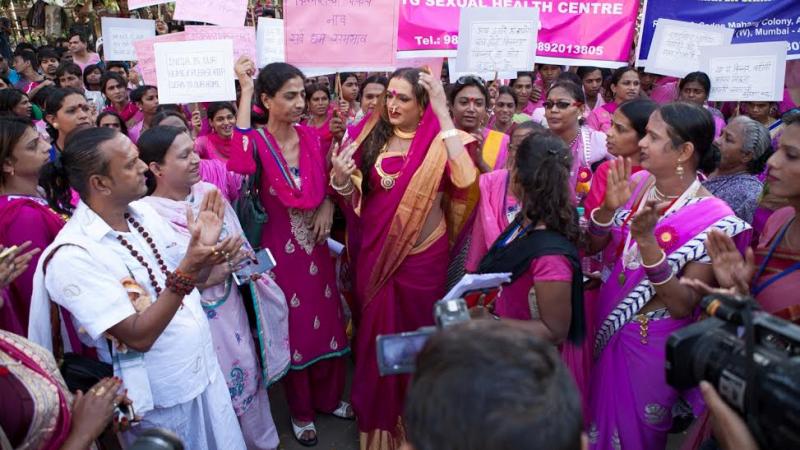Poet of peace and friendship
Often known as a ‘poet of peace and friendship’, Caroline Nazareno-Gabis (an AWID member), a.k.a. Ceri Naz is a native of Pangsinan, Philippines, currently living and working in Vancouver, Canada. She is an award-winning poet, editor, journalist, public speaker, linguist, educator, peace and women’s rights advocate.
Caroline has won numerous international prizes for her work, including the The Frang Bardhi Literary Prize 2014 in Albania, the sair-gazeteci (Poet-Journalist Award) during the 34th KIBATEK International Festival of Literature and Arts in Turkey and the World Poetry Empowered Poet 2013 in Canada. She was also a featured poet at Vancouver Word On The Street and chosen as the World Poetry International Director for the Philippines by the World Poetry Canada and International.
“i am the greatest me
for i have accepted the whole,
the real me…”
Caroline’s poetry, children’s and feature stories have been published in various book anthologies and magazines worldwide. Currently, she writes for the Philippine Canadian Inquirer, the Songsoptok International Online Magazine and the e-journal Our Poetry Archive.
Beyond her literary work, Caroline has created the The Ceri Naz Literary Award through which she supports journalism students at the Pangasinan State University as well as emerging writers, poets and artists in the Philippines.
“…i am
fragile
but had put up
the broken pieces
to streams of strength and breadth…”


